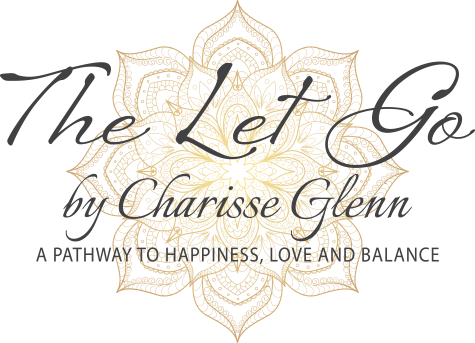Sometimes when you’re overwhelmed by a situation – when you’re in the darkest of darkness – that’s when your priorities are reordered.
~ Phoebe Snow
Feeling overwhelmed is a symptom of an imbalance of body, mind, and spirit. It can happen to everyone, yet it is controllable by redirecting our reactions to it.
It is essential to get back in balance before we can shift our focus. Several signs alert us to these imbalances. We may have one or several, and each has different indicators.
A common sign is when your sympathetic nervous system is working overtime, indicated by heart racing and difficulty breathing. This part of our nervous system is correlated to the fight-or-flight response. If we allow the imbalance to drive our actions, we will remain in this state of anxiety.
Other indications that your body is under stress are aches, pains, dizziness, and a compromised immune system, evident in quickly catching colds or the latest virus circulating. Overwhelm can also create emotional changes in your everyday behaviors. Do you find your reactions have become short, irritable, or uncontrollable? Are you moody, crying easily, or withdrawn? Are you overeating or undereating? Resentment towards others, anger, or guilt may also arise. Your concentration can lessen. It is harder to stay on task, and you may feel exhausted but unable to sleep deeply due to a racing mind.
Any or all of these reactions are signs you are out of alignment and overwhelmed.
There are many ways to balance our body, mind, and spirit. A starting point is to quiet our breath. Our breath is our life force, the vital energy that sustains us. In many spiritual practices, the breath, sometimes called prana in Sanskrit, essentially suggests that breath is directly connected to our living energy and consciousness. Hence, when we control the breath, we can impact this life force within the body.
Doing so, often quickly and dramatically, eases our tension, including muscular tension. Instead of focusing on what is giving you anxiety, the to-do lists, the meetings you must schedule, or the emails you need to respond to, find a quiet space, away from distractions or electronics if possible.
Dim the lights, sit, or lie down comfortably. A pillow under your bent knees may also help relax your back if you lie down. Close your eyes or softly focus on a spot on the ceiling or wall before you. Do nothing but observe your inhales and exhales. Don’t attempt to control, slow, or deepen your breath. Just observe it, like watching the breath on a screen, its rise and fall, inhales and exhales. As your body begins to calm, your breath will also slow down.
Once you have calmed the initial response of being overwhelmed, you can step back and observe the thoughts that propelled you to your threshold. It can be challenging to let go of many of those thoughts, so begin with what is in front of you. Let go of the what-ifs, assumptions of what could be, projections of future outcomes, and blaming others for your predicament or blaming yourself for choices made. Instead, focus on the here and now. What is the immediate situation?
When calm, our subconscious becomes more receptive and compliant to suggestions. Here, we can redesign our worlds. Remember, our exterior lives mirror what resides inside.
The universe responds to our thoughts, words, and actions and says yes to our requests. It does not discern or judge what we ask for, giving us what we repeatedly verbalize or imagine. For example; My life is stressful- yes, my life is chaotic-yes, my job is a dead end-yes, or I have a blessed life-YES, I welcome abundance into my life-YES, I have the support I need- YES, I have vibrant health in all aspects of my life-YES!
As simplistic as it may sound, the truth is that simple. What we think controls how we function. Those thoughts are the computer chip behind physical, mental, and spiritual well-being. We can change our lives through our thoughts and the words that express them.
Go confidently in the direction of your dreams. Live the life you have imagined, a quote attributed to Henry David Thoreau is a call to action. It encourages one to pursue the life one dreams of actively with intention and take steps to make it happen.
We get overwhelmed when we have lost the order of actions. We think we have failed as our world falls apart, yet we haven’t. Stopping, breathing, letting go of those thoughts in the past or into the future, and instead accessing the present, the here and now, brings us back into a place where we can function, redirecting and redesigning the life we always dreamt of.
I tried to drown my sorrows, but the bastards learned how to swim, and now I am overwhelmed by this decent and good feeling.
~Frida Kahl





